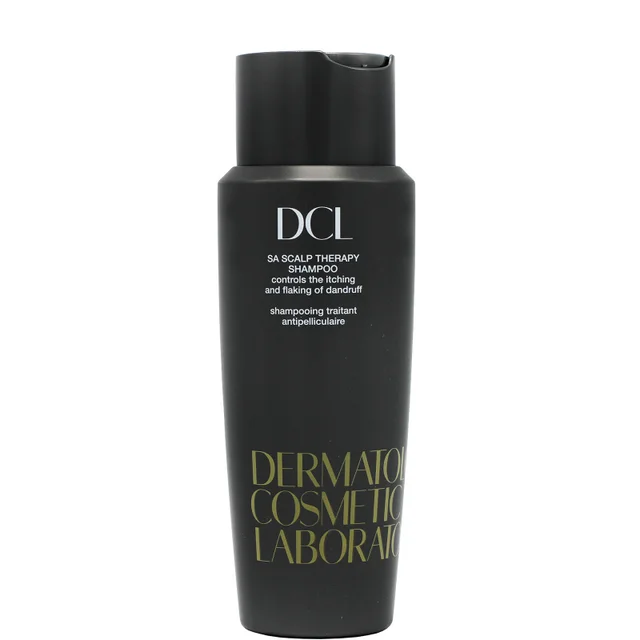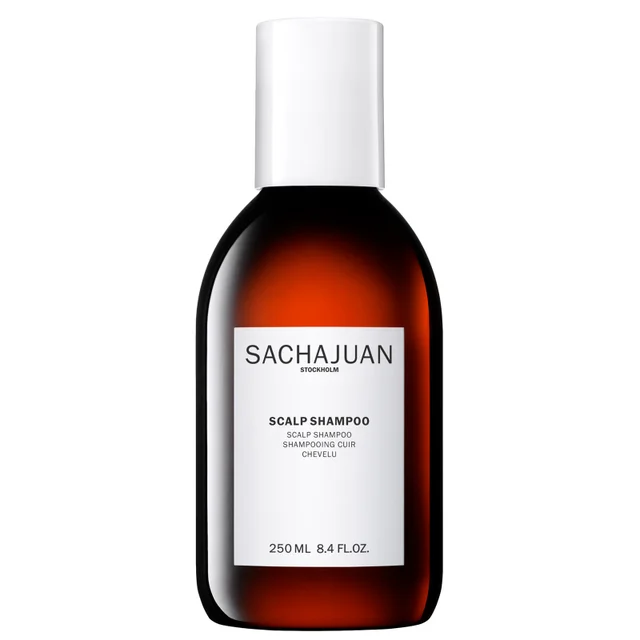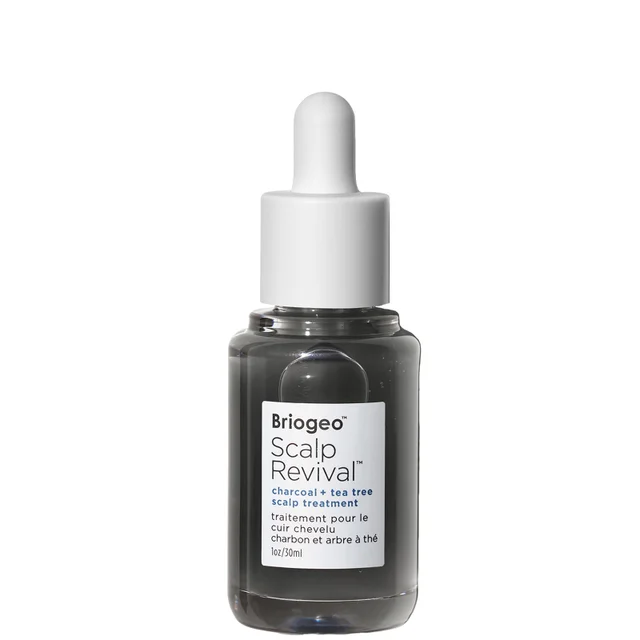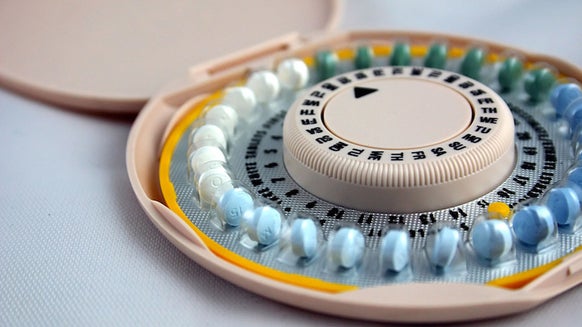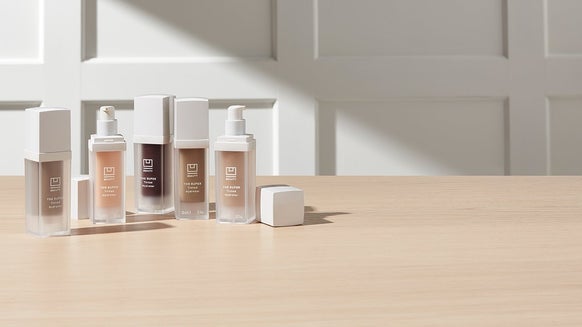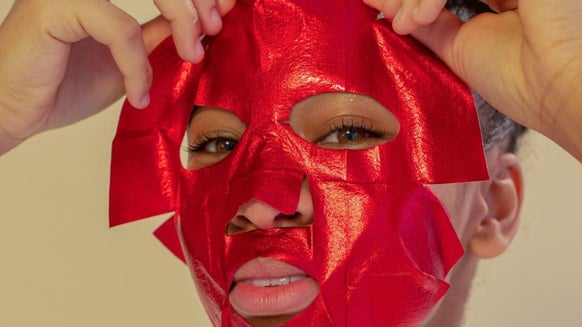HAIR CARE TIPS & STYLING IDEAS
Acne on Scalp: Causes & Treatment Options
What Causes Scalp Acne?
How to Treat Scalp Acne
How to Prevent Future Breakouts

dermstore-editors Writer and expert
From the latest hair and makeup trends to the best solutions for your skin issues, we've got all your beauty concerns covered!
Related Posts
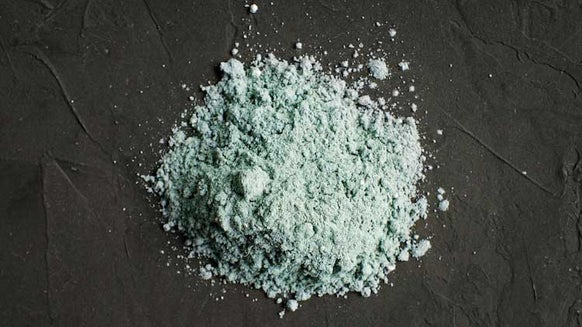
Ingredient Spotlight: Bentonite Clay & Why It’s So Great for Oily Skin
10/12/2017 By dermstore-editors
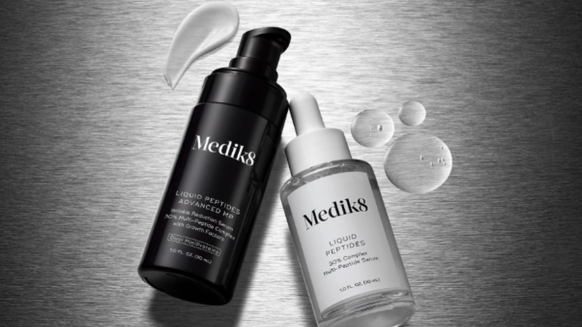
The 12 Best Growth Factor Serums That Provide Stellar Anti-Aging Results
03/07/2025 By Elise Minton Tabin
